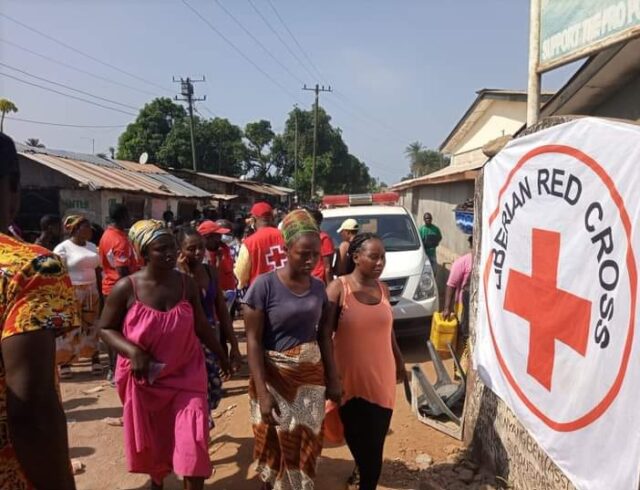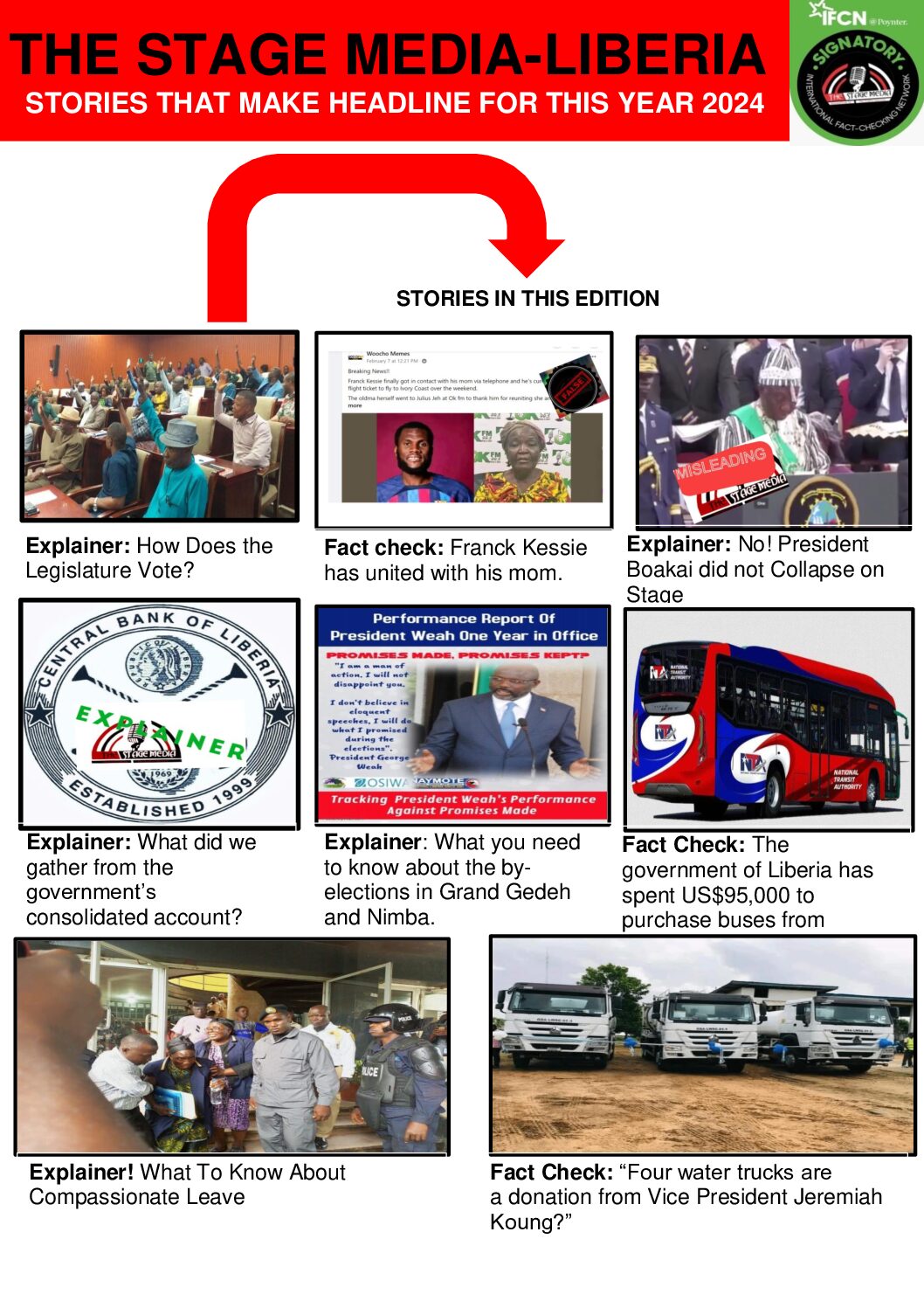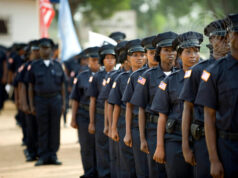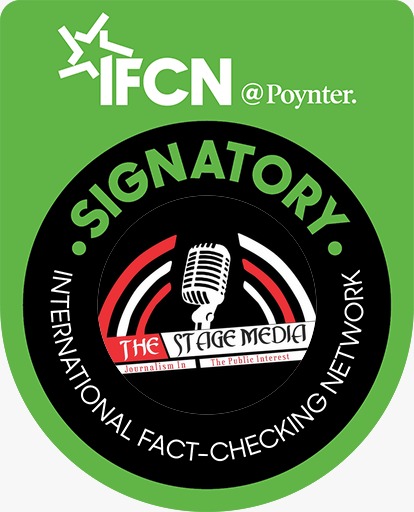
By: Gloria Wleh
A World Bank 2021 report, through the 2016 Household Income and Expenditure Survey reveals that 2.3 million, a percentage of 50.9 Liberians are living below the national poverty line – making them unable to meet their basic needs.
The report added that 68 percent of the country’s poorer population live in rural areas where poverty incidence is 71.6 percent, more than twice as high as in cities (31.5 percent).
In addition, 44 percent of the population lives under the extreme international poverty line of $1.90 per day, as it is expected to increase in the next few years driven by increasing food prices,
lower commodity prices for minerals, and the ongoing COVID-19 pandemic.
However, the Ministry of Finance and Development Planning has disclosed that hundreds… of local and international humanitarian organizations are across Liberia, catering to the basic needs of the vulnerable community.
But with the insurgence of COVID-19, a UNICEF’s 2021 report finds that the pandemic has contributed significantly greater humanitarian needs in many settings, alongside a high likelihood of long-term socio-economic risks that may push many people into vulnerability.
Oniel Bestman, communication Manager, Liberia National Red Cross Society told The Stage Media (TSM) that the COVID-19 pandemic has complicated the workings of the institutions for the last two years.
Explaining his ordeal to TSM of how the COVID-19 pandemic impacted their workings the Communication Manager said, “It has made our workings so challenging and complicated.”
Bestman explained that the Liberia Red Cross is an auxiliary of the government of Liberia that was established by law to complement the government’s efforts in catering to the needs of the vulnerable people in communities across the country.
He named building community resilience and improving access to basic health care services; providing safe drinking water; improving sanitation; and building their capacities as some of the areas the Red Cross has been working in since its establishment.
Bestman said with the outbreak of the COVID-19 Pandemic has increased the work of the Liberia Red Cross and made it more difficult.
“Responding to the insurgence of Covid-19 and the already existing humanitarian needs has only worsened the need to adequately cater to the needs of our vulnerable people,” he said, “because COVID-19 is a pandemic, it has limited our funding national and internationally, making us close some programs like our ‘Vulnerable Women Program’, campus-based and communities’ engagement programs among several others and leaving a lot of
vulnerable people to need unattended to.”
Bestman, however, called on other humanitarian organizations across the country to adjust, adapt and explore the already existing challenges the pandemic has imposed on everyone.
“Humanitarian organizations have to readjust quickly, adapt and move on. Because if we as humanitarians are defeated by situations, what will become of the vulnerable people, we desire to take care of,” he stated in a frustrating tone.
Bestman “Covid has over-stretched our human and material capacities. We cannot allow the insurgence to defeat us and the needs of thousands across the country. Remain committed, resilient, not distracted, and uncompromising by adapting, connecting, exploring, and sustaining our workings to keep the smile on the vulnerable people.”
The Paramount Young Women Initiative (PAYOWI), a woman-led woman-lotion that works around Sexual Gender-Based Violence (SGBV) advocacy, women empowerment, the humanitarian response among others disclosed
that the pandemic has placed a serious setback on their workings and imposed an economic threat on them.
Hawa Wilson, PAYOWI Programs Coordinator said the insurgence of the pandemic has caused the organization to reduce its
project’s benefactors.
She described the reduction as a negative effect on their work as a humanitarian organization.
Wilson, however, called on the government of Liberia to allocate funding as grants for humanitarian organizations.
“If there is government allocation through grants the workings of humanitarian organizations can at least be sustained without donors’ funds,” she indicated.




